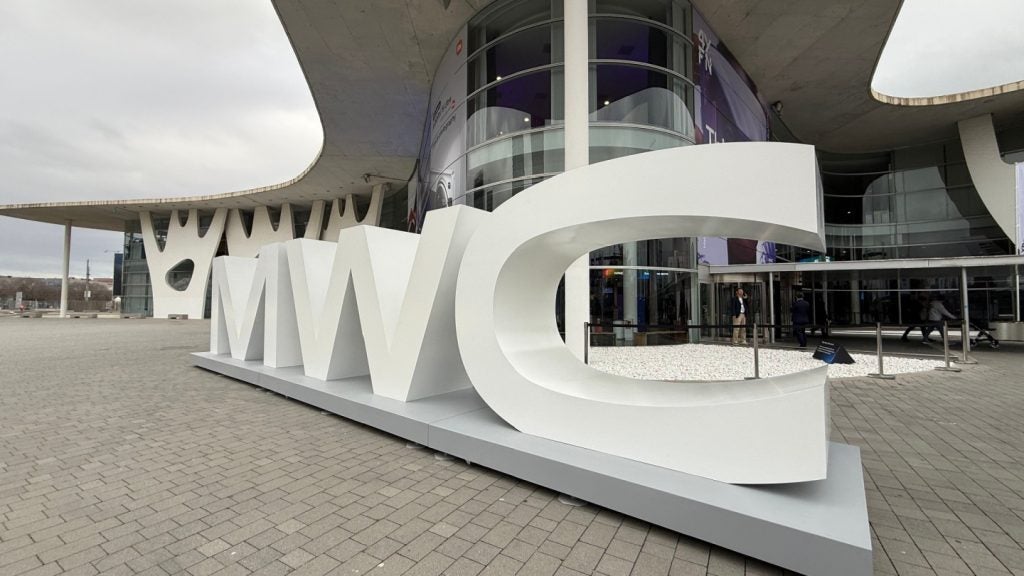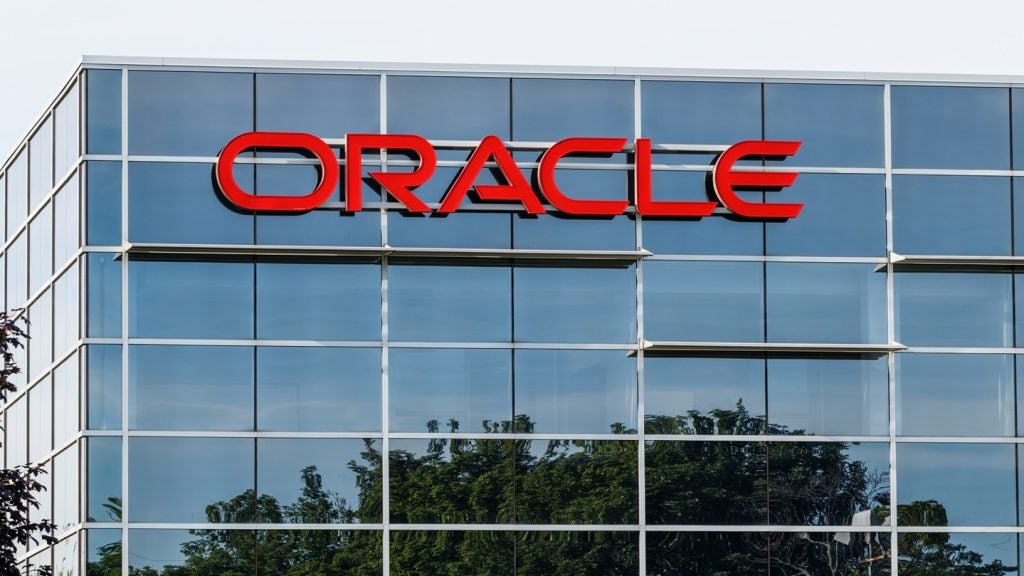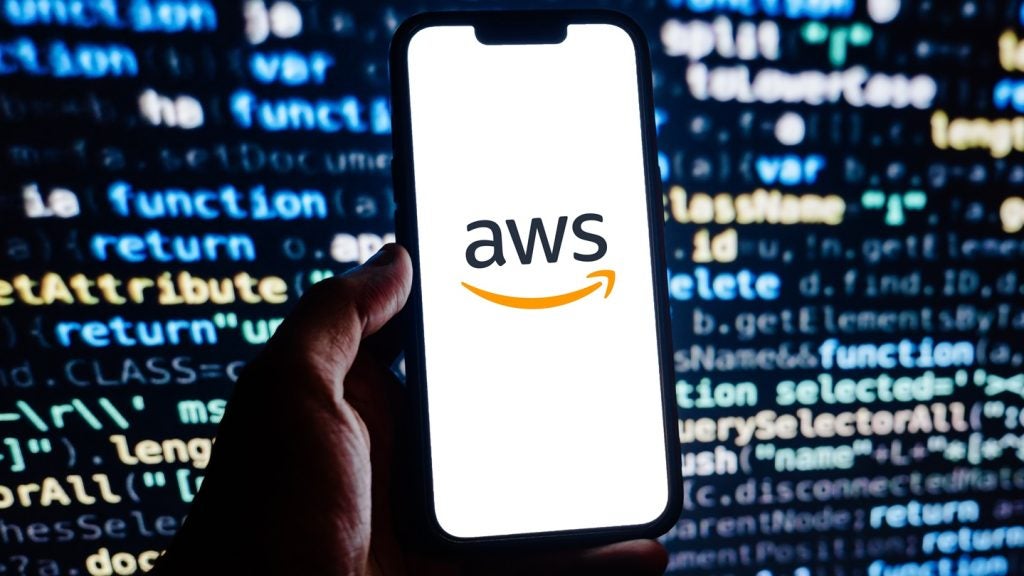Sustainability remains a prominent challenge in 2021. A global lack of sustainability poses a threat that may lead to irreversible damage unless action is taken soon. Retail is one of the worst offenders behind global sustainability issues, however, several retailers are now taking the initiative and adopting tech to reverse and reduce some of the damage caused to the environment.
Retailers pose a global threat to the environment
While previous decades have seen their share of environmental movements, the current wave of sustainability consciousness is unprecedented. Each new climate-related emergency, human rights violation, or corruption scandal reinforces the public opinion that businesses, including retailers, must become more sustainable. Over the coming decade, sustainability will transform the way retailers operate. Consumers and investors will demand that greater action is taken on environment, social, and governance (ESG) issues from manufacturers, suppliers, and retailers alike.
On October 31, the 2021 United Nations Climate Change Conference (COP26) kicked off in Glasgow. This has likely reinforced the importance of sustainability for many retailers. They face several environmental challenges, including combating climate change, reducing pollution, protecting biodiversity and ecosystems, and dealing with scarce natural resources. Retailers that take sustainability seriously now will be better placed to succeed in the future and those who do not take it into account will fall behind. GlobalData’s 2020 Market Pulse Consumer Survey found that customers are more likely to pay a premium for sustainability-aligned causes, and 81% of customers said that they would pay more for products supporting environmental protection.
Tech is the solution, not the problem
Tech is being used to facilitate sustainable initiatives to make long-term changes among retailers and consumers. Boots is one of many retailers that have adopted tech to back up its sustainability efforts. Boots has launched a recycling initiative whereby shoppers register on Scan2Recyle’s website, scan empty beauty and wellness packaging, and—following five empty packs being scanned—are given a QR code to deposit the items for money. The scheme is run by tech platform Metrisk, which partnered with recycling company MyGroup. The tech-backed scheme found that mascara, toothpaste, and handwash were the top three most recycled products. Other retailers are using tech to reinforce their sustainability commitments, including Tommy Hilfiger, which plans to launch 3D technology across its design operations to avoid the use of sample production.
Ultimately, tech can aid a vast range of sustainability initiatives. Foodservice provider Costa Coffee launched a pilot blockchain-enabled reusable cup scheme called Burt, which stands for ‘borrow, use, reuse, and take-back’. Customers scan the QR code on the cup when purchasing a drink in-store and return it on their next visit, where it is washed by staff, and customers are given £5 in-store credit. The pilot scheme aimed to see how consumers would react to reusable and traceable near-field communication (NFC) tagged cups. The tech firm behind the pilot, Austella, aims to encourage more hospitality companies to use NFC-enabled food and drink packaging as opposed to single-use items that get thrown away







